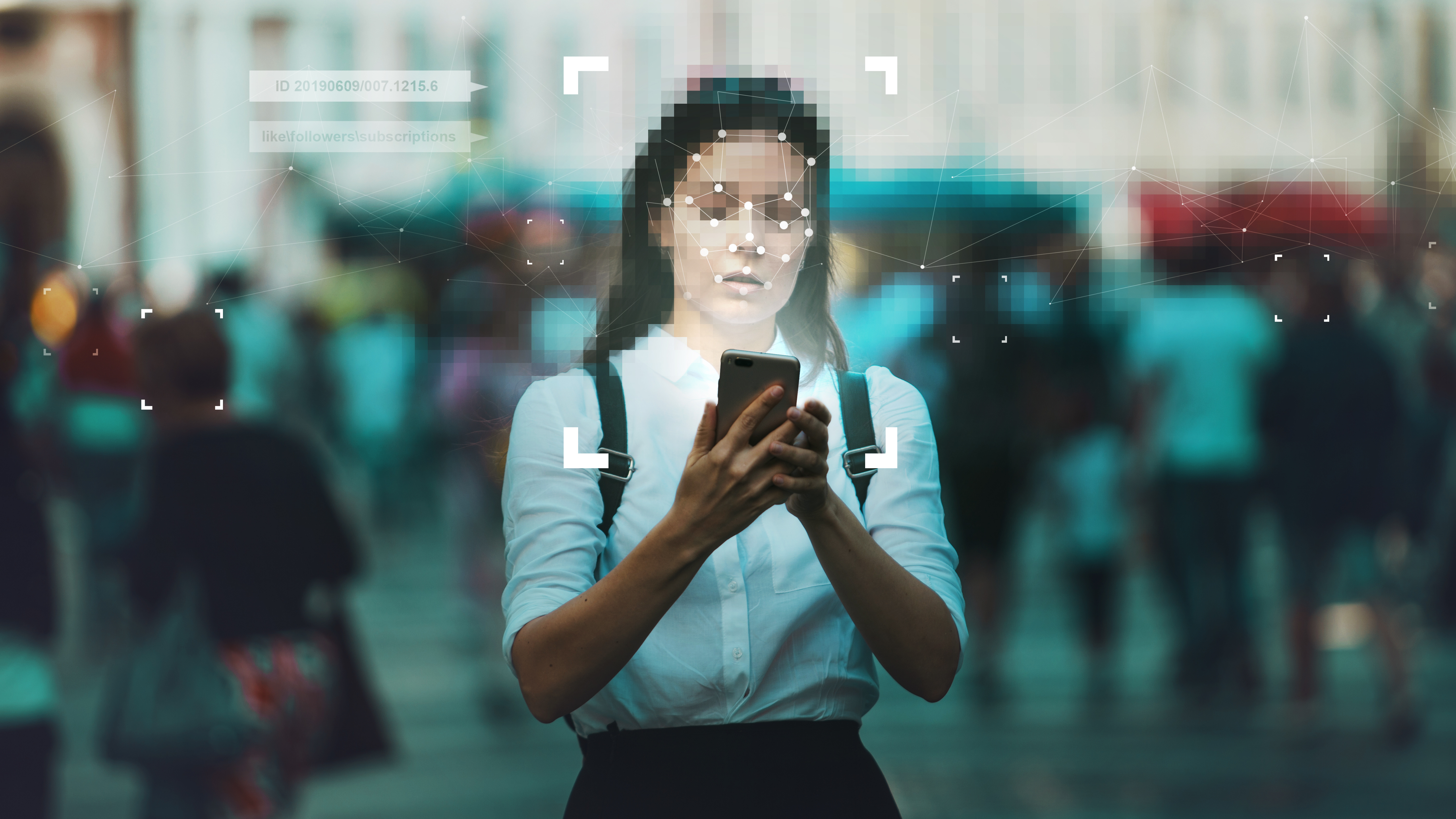With the rise of data collection, organizations are using technology to collect more valuable information on clientele than ever before. The downside is that there are many questions about the security of doing so. But it doesn’t have to be that way: when we examine the benefits of facial detection vs. facial recognition, we find ways to eliminate some of the concerns.
Below is a review of the key pros and cons of facial detection vs. facial recognition and why they’re critically important to your organization’s data security. But first, let’s examine the issue at hand here.
Facial Recognition Problems
For some in the technology industry, the idea that a company could use your visual-physical data to more efficiently serve you is quite alright. Take this Tweet from Luke Jordan of tech firm Electro Acoustics:
“If I can walk into a donut store and have an apple fritter waiting for me at the counter, because they know my face and what I want, I won’t complain.”
Yet, for others, it’s less a question of service efficiency and more of a question surrounding the fate of the data collected.
“I really don’t want my ugly mug being used to market to me. But even worse is our government having untethered access to this kind of data for ‘security’ purposes. I really don’t like the Walmart self-checkout registers having my photos,” says computer science teacher Philip Leimbach.
These two extremes in thought tend to be the median responses from end users when talking about facial recognition technology. But what if there was a solution that could satisfy both mindsets?
Facial Detection Technology: A Potential Solution
Facial detection is a different story. It uses algorithms to determine just general information about a person and not their specific identity.
“It’s a derivative of the facial recognition platform, but it doesn’t store data,” says NEC analytics platform strategist Kelly Harlin. “It’s just using that concept of geometry to determine someone’s key aspects. It’s a really important distinction to think about.”
Customers of AV systems where data collection is used — such as smart signage — often worry about the security of that data. But with systems like NEC’s ALP, which don’t actually store personal data, those fears can be easily assuaged… and in this atmosphere of cyber security woes, that’s a critical selling point for technology partners.
This isn’t to say facial recognition is all-bad. That technology has its place as any does — especially in government settings, where security is baked-in to most systems from the very start. It’s just that facial detection may be an easier sell to those who need some less-specific data but don’t wish to worry about its storage and relative security.
Face Detection and Face Recognition At-a-Glance
Facial recognition is about data storage and usage:
- it uses an image to identify people and use their data
- it uses stored data
- it has security threats baked-in (not impossible to protect, but more complicated)
Facial detection is more about general, non-specific infomration:
- it does notcapture images or store data
- it only detects the geometry of someone’s face, not the person’s identity
- it uses a calculation to determine unspecific, general physical attributes like age and gender
This story was originally published in CS sister publication Commercial Integrator. Adam Forziati is an editor with My Tech Decisions.







